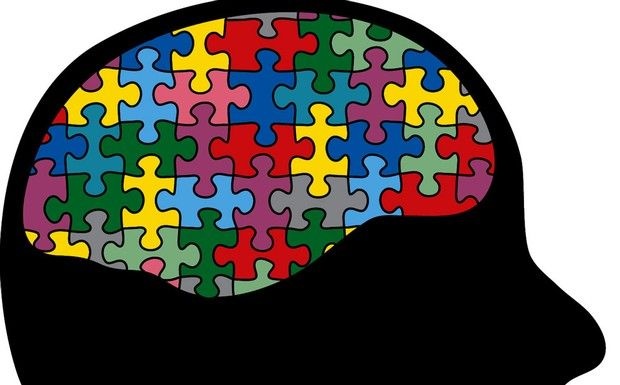
In a new ray of hope for patients in the early stages of Alzheimer's disease, researchers have found that lost memories can be restored.
In experiments conducted on marine snails that have cellular and molecular processes very similar to humans, the researchers were able to restore their memory.
The findings suggest contrary to what neuroscientists have believed for long, memories are stored not at the synapses -- the connections between brain cells, or neurons but in the neurons themselves.
So just because Alzheimer's disease is known to destroy synapses in the brain does not mean that memories are destroyed.
"As long as the neurons are still alive, the memory will still be there, which means you may be able to recover some of the lost memories in the early stages of Alzheimer's," said senior author of the study David Glanzman, professor at University of California, Los Angeles.
"Long-term memory is not stored at the synapse," Glanzman said.
Glanzman's research team studies a type of marine snail called Aplysia to understand the animal's learning and memory and subjected it to electric shocks in a series of experiments.
When the scientists gave the animal a modest number of tail shocks, the memory they thought had been completely erased returned.
Glanzman said there was no obvious pattern to which synapses stayed and which disappeared during the experiments, which implied that memory is not stored in synapses.
This implies that synaptic connections that were lost were apparently restored, the researchers noted.
"That suggests that the memory is not in the synapses but somewhere else," Glanzman added.
"We think it is in the nucleus of the neurons," he added.
The findings were published in the online science journal eLife.



